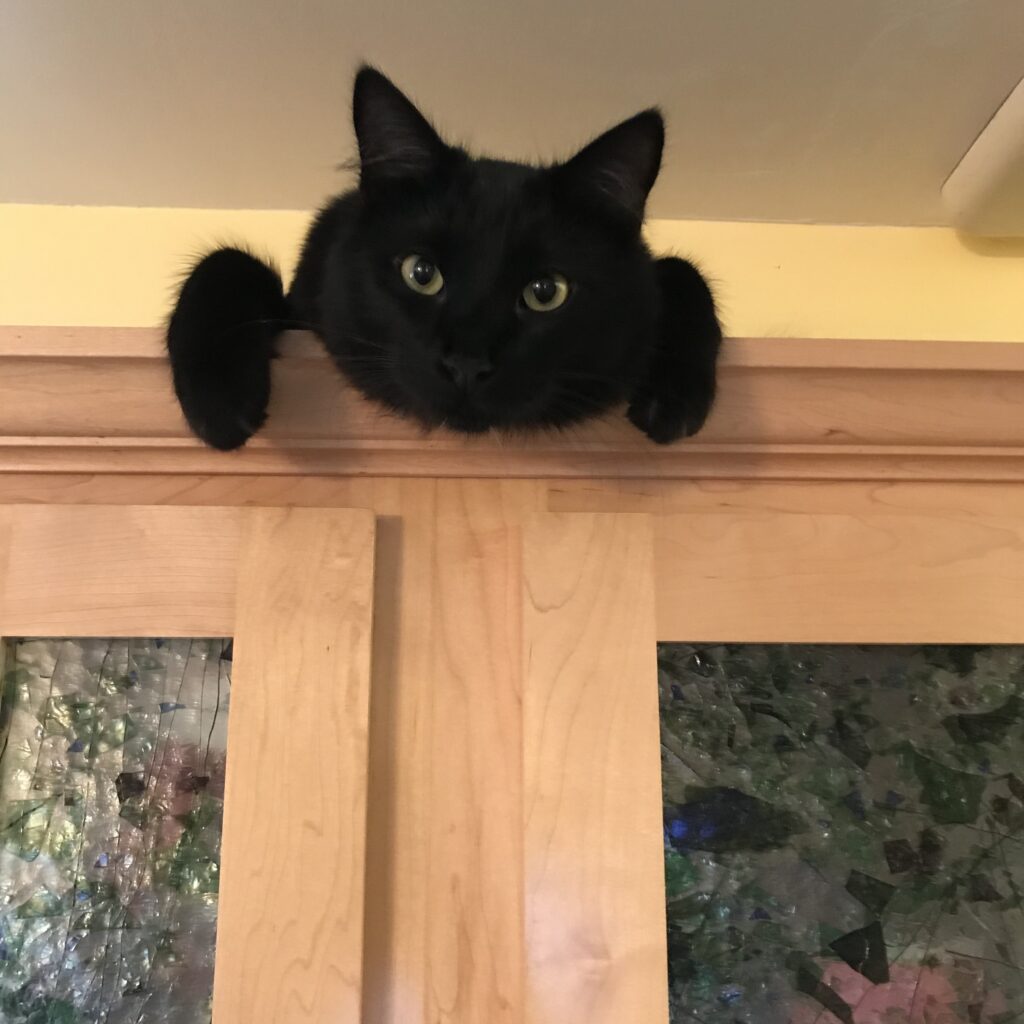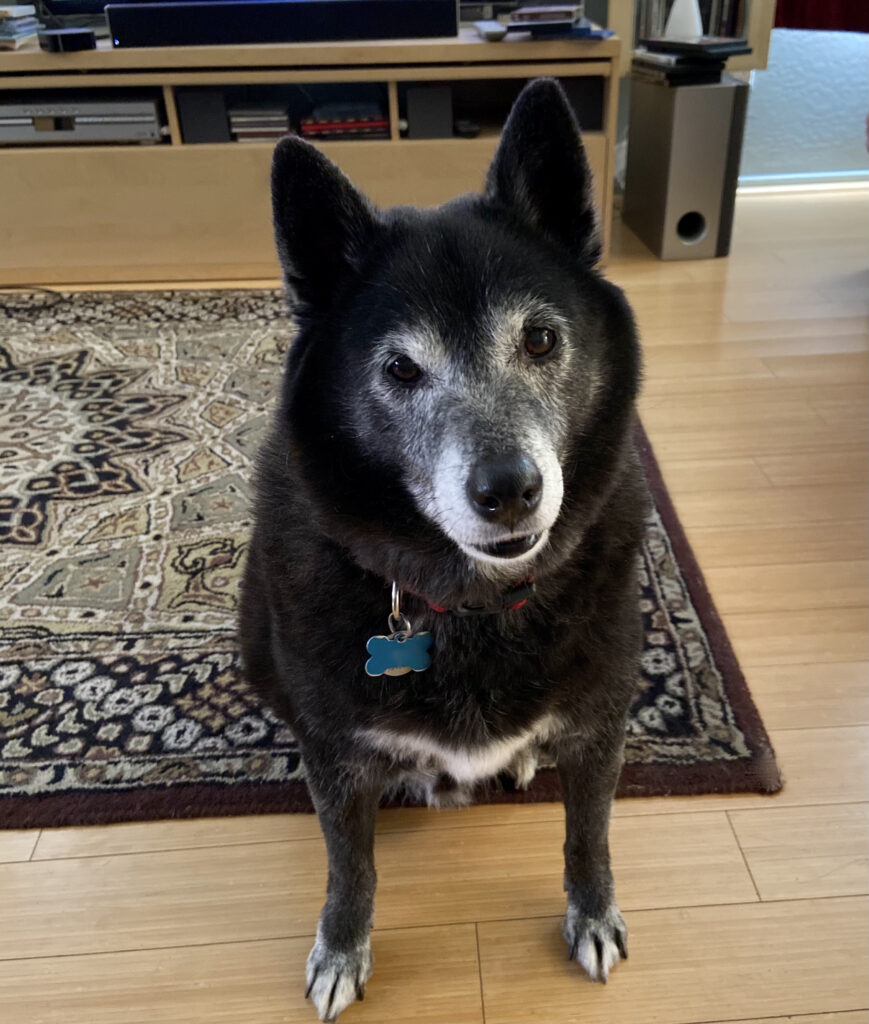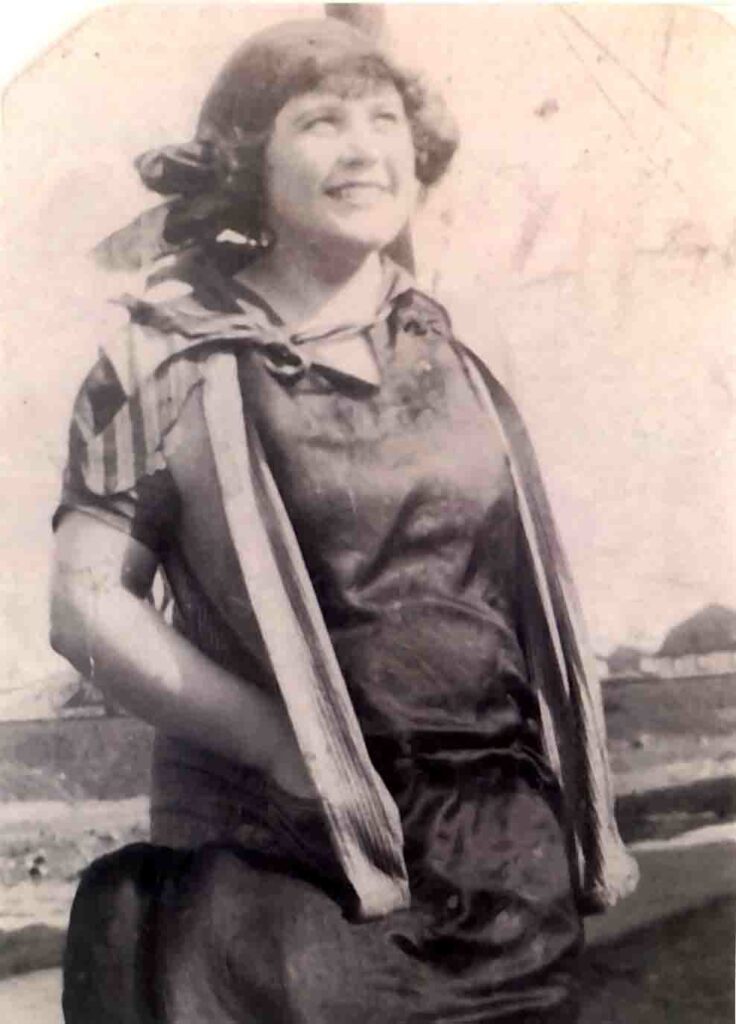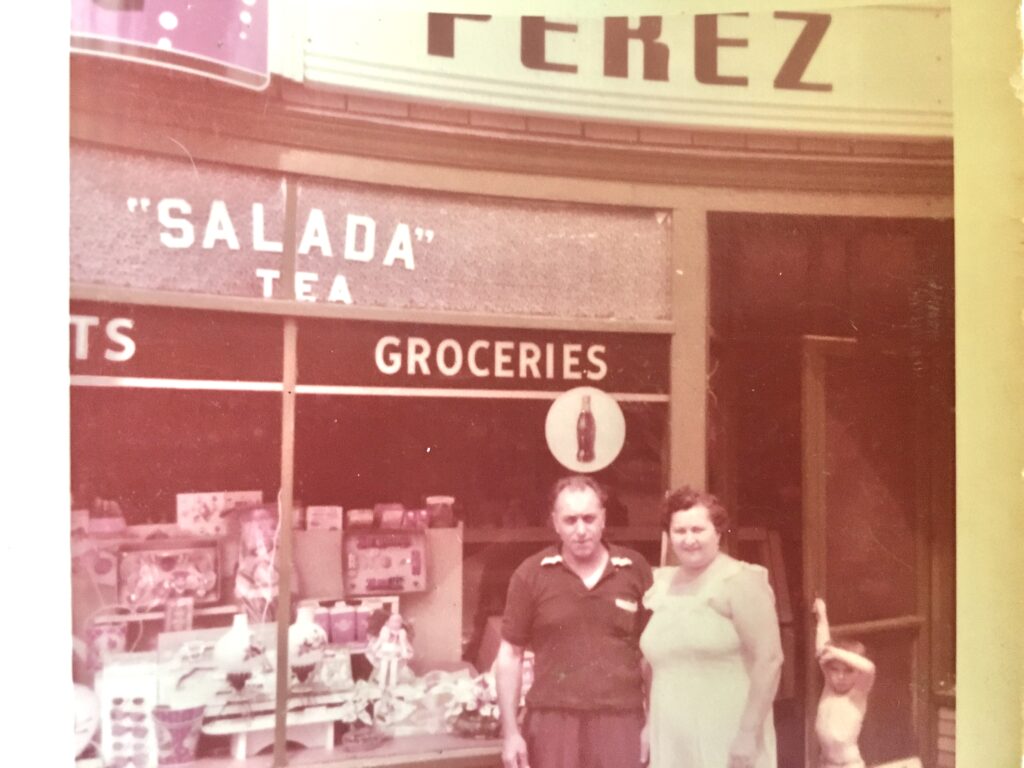My mom lives in my sister’s guest house. My sister was having the guest house painted and thought my mom might like a little vacation. We were happy to have my mom visit for a week. I flew back with her and stayed for a mini vacation of my own.
The two residences are home to three cats. My mother has always had pets but a couple of years ago, her adorable little rescue passed away.
At 92, she wasn’t looking for another pet. But her doctor told her the pacemaker she has should last at least ten years and my mom expects to take full advantage of its life expectancy.
So when someone at her senior center called and told her she knew of a litter of kittens and was hoping my mother would take one, she thought why not. First she asked my sister if she thought it was wise at her age to have another pet. My sister said, “Of course you should.”
And so, a raven colored, frenzied ball of energy she named Edward was welcomed.
I hadn’t visited for at least a year due to Covid, but I talked to my mother often and she told me of Edward’s antics and rough play. He scratches and bites her toes when he wants attention. He knocks everything off her shelves and thoroughly inspects anything new. He has a busy daily schedule he takes seriously.
Kittens and puppies are full of energy but usually calm down after a year. Edward is blissfully unaware of this rather common behavioral trait.
I was having coffee with her one morning and he jumped on top of a cabinet. He craned his neck down to bite a corner of a calendar she has hanging on the cabinet door and worked until he lifted it from the hook and knocked it to the floor. My mother said it’s part of his routine. He promptly fell asleep on top of the cabinet after the effort. On a positive note, my mother said she gets her exercise picking up after him.
Edward’s fur is sleek and jet black, except for his tail – still black but huge and fluffy. His whiskers are the longest I’ve ever seen. He’s an interesting mix – part cat, part Tasmanian devil.
My sister has two Selkirk Rex’s. They’re very fluffy, curly haired felines. The orange older one has been with her since he was a kitten. The black and white one has been a permanent resident for about a year. They’re rivals. They avoid each other, tolerate each other or swipe at each other.
While my mother’s house was being painted, my sister took Edward over to her house. The two “enemy” Selkirks became allies. Neither had any patience for this uncouth invader.
Edward went home when my mother came back, and the two fluffy antagonists resumed their pre-invasion stances. But with just a hint of a new mutual respect, knowing they could count on each other if another unwelcome intruder should arrive.




